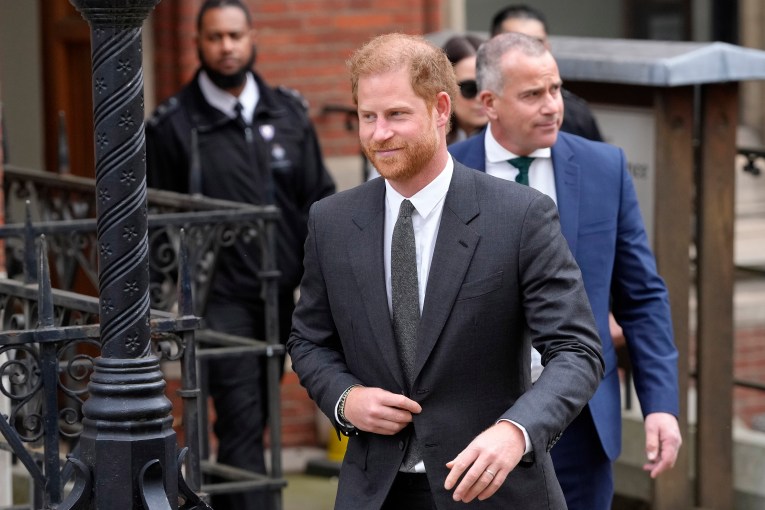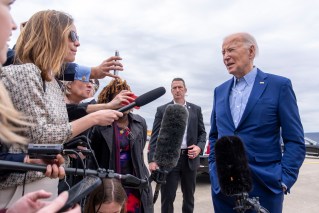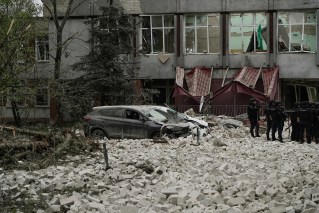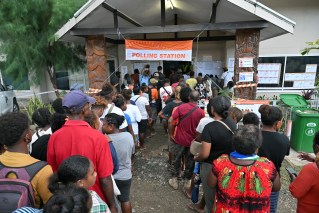UN rules in favour of Julian Assange: report

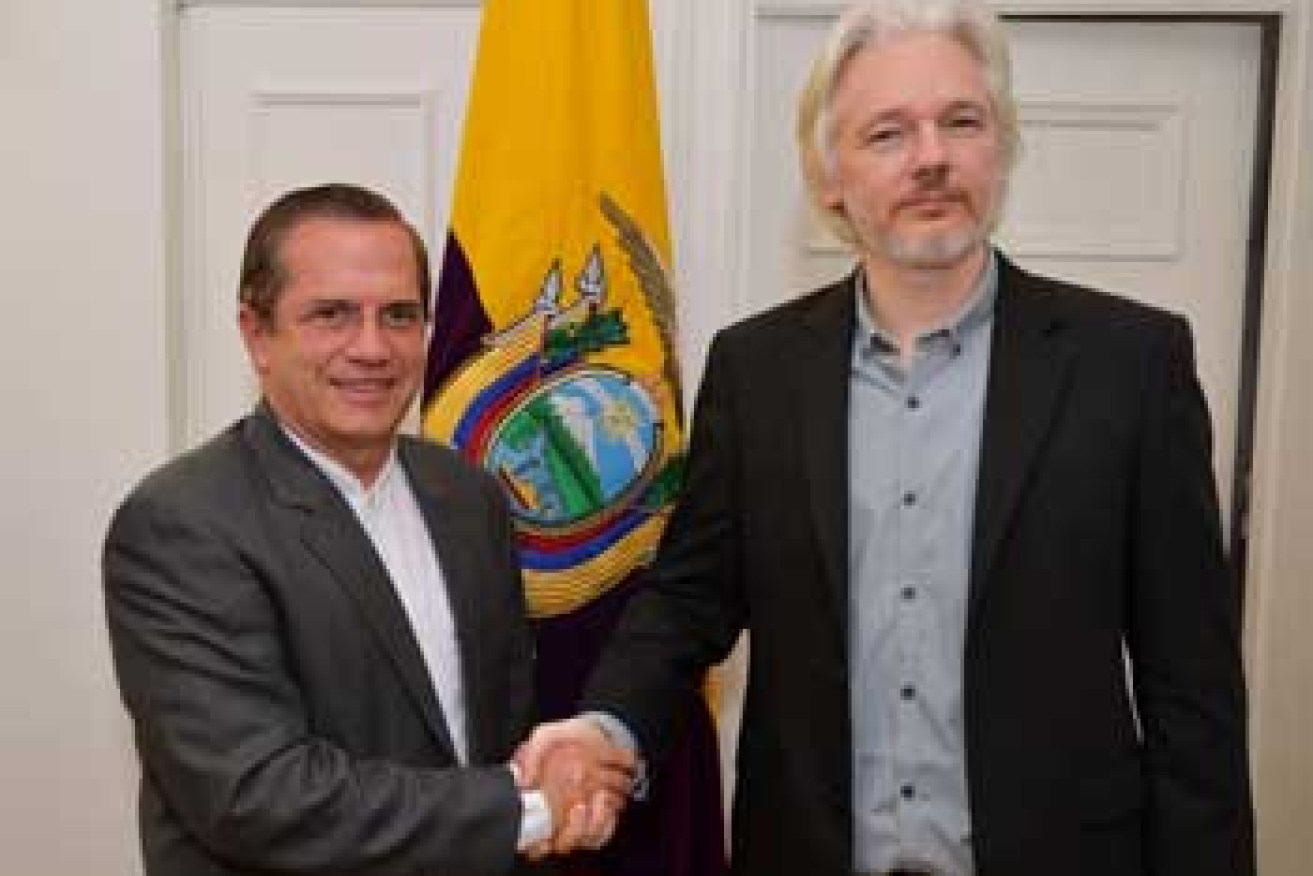
Getty
After spending more than three years trapped within the confines of the Ecuadorian embassy in London, WikiLeaks founder Julian Assange may soon be freed.
The BBC reported on Thursday evening that a United Nations panel had ruled in favour of Mr Assange, who had complained he was being unlawfully detained.
The 44-year-old fought tooth-and-nail against threats of arrest from authorities in the UK to face allegations in Sweden and possibly the United States, but in need of medical attention and running out of options, the fight may be over.
• Assange may accept arrest
• NSW cop killer takes 35-year sentence to appeal
• British police spent millions on failed Assange watch
There was no official announcement from the UN investigators, which was expected to come on Friday (AEST).
Mr Assange issue a statement on Thursday, the day before the final verdict was due, to indicate he would accept arrest if the UN ruled against him.
“Should the UN announce tomorrow that I have lost my case against the United Kingdom and Sweden I shall exit the embassy at noon on Friday [local time] to accept arrest by British police as there is no meaningful prospect of further appeal,” he said.
Authorities in both the US and Sweden launched investigations into the WikiLeaks founder in recent years, with the latest UN inquiry to rule on whether his confinement in the Ecuadorian embassy is lawful.

UK authorities surrounded the Ecuadorian embassy when Assange entered, maintaining a constant watch until late 2015 – at a cost of about $A25 million. Photo: Getty
Although granted asylum in Ecuador, Mr Assange is unable to access its benefits.
Since mid-2012, UK police have had the embassy, in London’s suburb of Knightsbridge, under close watch and refused to allow him to leave without detaining him for extradition to Sweden.
Although he has not been charged with any crime, Mr Assange was under investigation in Sweden for an alleged rape in 2010. If he were extradited to Sweden, his lawyers say he would then risk being sent to the US, where some think he may be put on trial for espionage.
But if the UN working group on arbitrary detention ruled in Mr Assange’s favour, he asked for attempts to arrest him to end.
“However, should I prevail and the state parties be found to have acted unlawfully, I expect the immediate return of my passport and the termination of further attempts to arrest me,” he said.
Regardless of the outcome, UK authorities indicated they would still be required to detain him if he left the embassy.
Since June last year, Mr Assange had suffered constant shoulder pain, the source of which “can only be diagnosed with hospital equipment that cannot be brought into the embassy due to size and weight”, his UK doctor said in a statement in August.
Australian government turns blind eye to ‘cruel and unusual punishment’
Although an Australian citizen, the Federal Government has so far declined to act.

Ecuadorian Foreign Minister Ricardo Patino with Assange. Ecuador accepted Assange’s request for asylum due to possible consequences of an extradition to the US that could “endanger his safety, integrity and even his life”. Photo: Getty
In an opinion piece for the ABC last May, barrister Greg Barns argued local authorities should intervene, with the same fervour afforded to the Bali Nine.
“Mr Assange may not be facing the death penalty, but he is being forced into a situation of having to endure cruel and unusual punishment because of the bloody mindedness and narrow self-interest of the Swedes, the British, and the US,” he wrote.
“To refuse to help is to condone a citizen being deprived 24/7 of two fundamental life-giving forces – fresh air and sunlight.”
Mr Assange has previously said it was too dangerous to go out onto the balcony as “there have been bomb threats and assassination threats from various people”.
Fears of US extradition relate to an investigation into WikiLeaks launched in 2010 – the same year a series of damaging military documents and videos were posted to the whistleblower website, started by Assange in 2006.
They included the documentary Collateral Murder, featuring video of the “indiscriminate slaying of over a dozen people … including two Reuters news staff” and about 250,000 US diplomatic cables.

